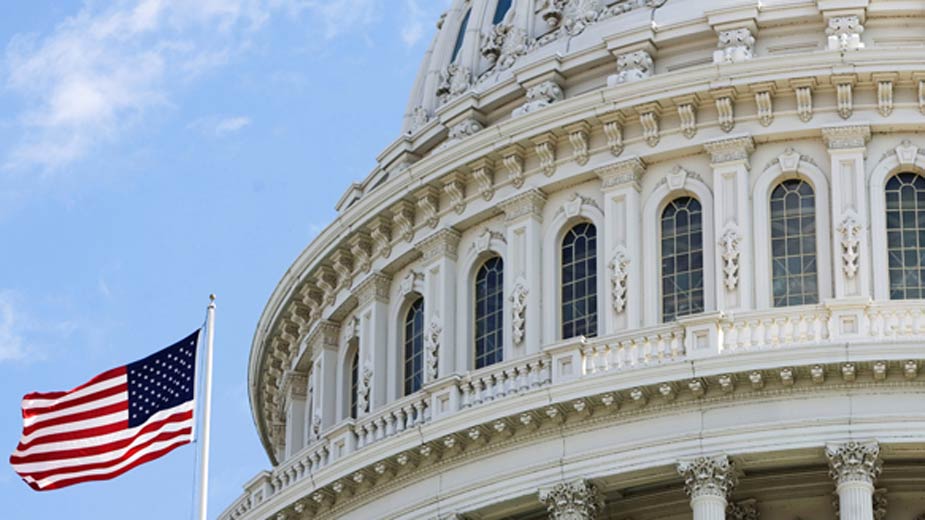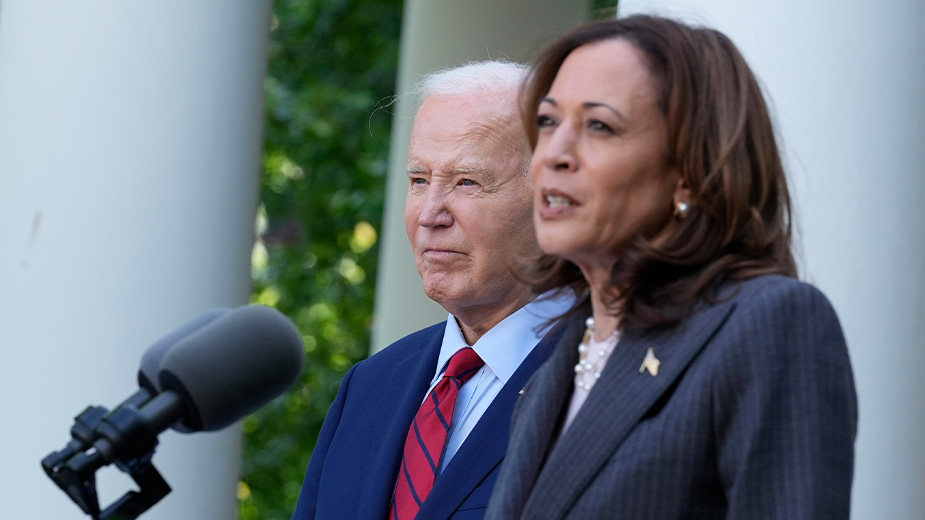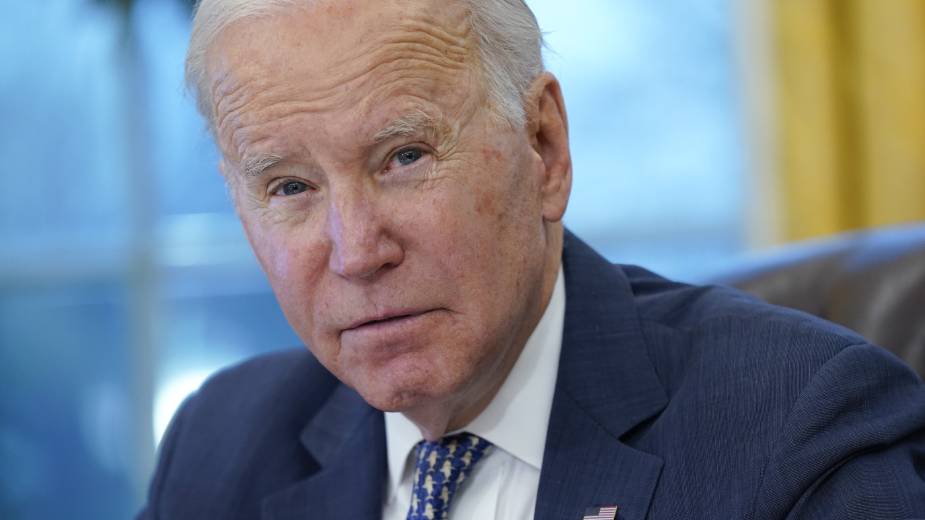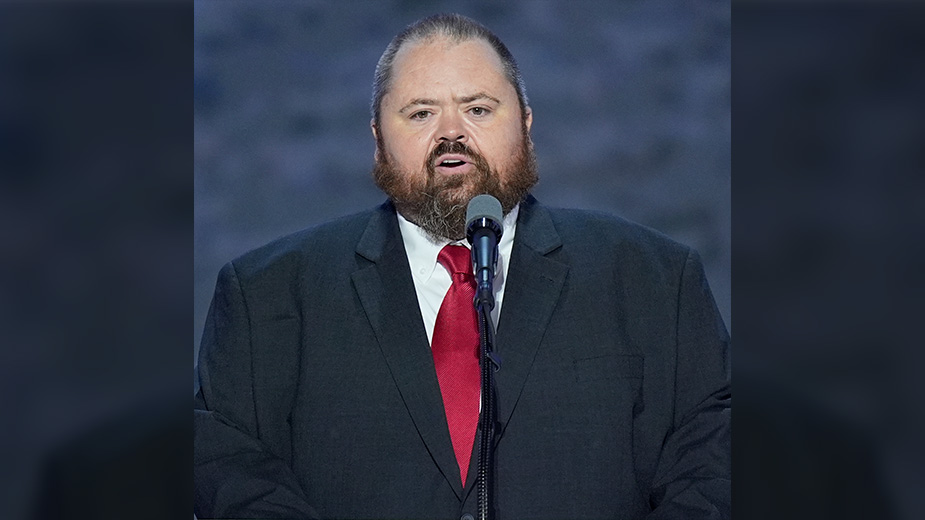Shutdown Ends as Congress Agrees on Budget Extension
YOUNGSTOWN, Ohio – U.S. Rep. Tim Ryan called yesterday’s agreement to continue funding for the federal government “fatally flawed” following last night’s vote to approve the legislation.
Both houses of Congress in Washington, D.C. yesterday approved an extension through Feb. 8 of funding to the federal government, ending the shutdown that began at midnight Saturday.
Senate Democrats agreed to end their filibuster after Majority Leader Mitch McConnell agreed to vote on legislation to address the legal status of the approximately 700,000 immigrants protected under the Deferred Action for Childhood Arrivals program – also known as “Dreamers” – if an agreement isn’t reached by Feb. 8.
“If we have learned anything during this process, it’s that a strategy to shut down the government over the issue of illegal immigration is something the American people didn’t understand,” McConnell said.
The Senate approved the continuing resolution on an 81-18 vote Monday afternoon, with 33 Democrats joining 48 Republicans voting for the legislation. The House of Representatives then took up the legislation and passed it just before 6:30 p.m. on a 266 to 150 vote.
“I’m pleased that a sufficient number of my Democratic colleagues have joined Republicans to re-open the federal government,” U.S. Sen. Rob Portman, R-Ohio, said in a news release following the vote.
“Shutdowns are unnecessary, counter-productive and often end up costing more taxpayer dollars,” he continued. “The past three days are proof of that, and that’s why I introduced the End Government Shutdowns Act in 2012 to avoid these types of disruptions.”
The legislation, which President Donald Trump signed into law last night, also extends funding for the Children’s Health Insurance Program for six years. The extension is the longest since the program was enacted more than 20 years ago, Portman said.
“I’ve fought to renew this important program for months and I’m pleased we are on the verge of delivering the long-term stability and certainty the program needs,” Portman said.
Ryan, D-13 Ohio, was among the roughly three-fourths of House Democrats who opposed the resolution. In a statement issued by his office, he pointed out that Congress – both houses of which are under GOP control – is operating on its fifth short-term funding resolution of the current fiscal year, a “lack of reliability” that hinders the country’s ability to “make critical, long-term investments in our national defense and domestic programs,” he said.
“The deal that was brought before the House today ending the GOP shutdown was fatally flawed,” he said. “My constituents are expecting security and long-term funding for our military that needs consistency in order to maintain its effectiveness and to protect our people.
“The continued unpredictability of the Republicans governing tactics, their lack of priority of secure funding for our country’s military and critical domestic investments, and their continued inability to bring up for a vote a bipartisan solution to protect dreamers and our secure our country’s border is disappointing,” he added.
Republicans now have 17 days to come together with Democrats to act on the priorities he said his constituents are counting on, including funding to address the opioid epidemic, securing pensions for Teamsters and coal miners, and resolving the status of the Dreamers.
“Majority Leader McConnell and [House Speaker Paul] Ryan will be held accountable if they fail to honor the will of a bipartisan majority of this Congress,” Ryan said.
During the floor debate, U.S. Sen. Sherrod Brown, D-Ohio, spoke in support of the continuing resolution. Once the legislation was passed and signed into law, “I hope we can get serious about a whole host of other issue,” including instability in the health-care market, he said.
Brown blamed the closings of a pair of hospitals in the Canton and Dayton areas on “attacks on the Affordable Care Act” by Trump and majority Republicans. While he was pleased to see the funding extension for CHIP, the system needs community health centers to help low-income people as well. “If community health centers are closed or underfunded or under-operating, there is not place to go,” he said.
Pensions for Teamsters, coal miners, iron works and others are who paid into them for decades facing cuts because of “Wall Street greed and Wall Street malfeasance,” he said.
“They did it right. They played by the rules,” he said. “Government needs to back them up.”
Copyright 2024 The Business Journal, Youngstown, Ohio.



